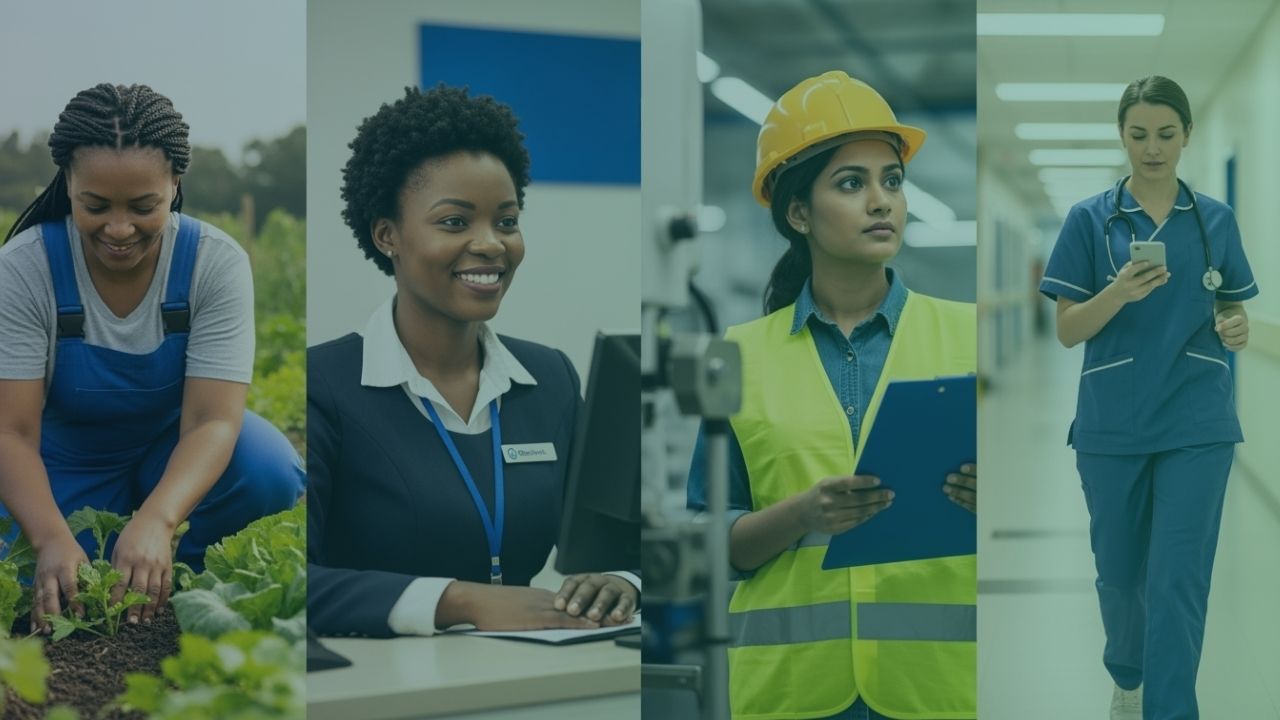Empowering Women Through Financial Innovation: Closing the Gender Pay Gap in South Africa

As we celebrate Women's Month 2025, South Africa continues to face a significant challenge: the persistent gender pay gap. With women earning between 23% and 35% less than men for equivalent work, the need for innovative financial solutions to empower women has never been more critical.
The Long-Term Impact of the Pay Gap
Recent research paints a stark picture of the long-term consequences of this wage disparity. Women in South Africa are expected to retire with just 71% of the wealth accumulated by men, despite living an average of five years longer. This gap in lifetime earnings and savings potential underscores the urgent need for financial tools and education tailored to help women maximize their economic potential throughout their careers.
Earned Wage Access: A Tool for Financial Empowerment
Earned-wage access (EWA) platforms are emerging as powerful tools in addressing this challenge. At Paymenow, Africa's leading EWA platform, we've observed revealing patterns in how women engage with financial wellness tools. Our data shows that while our user base is nearly evenly split between genders, women demonstrate markedly higher engagement with financial education resources.
- Female users have completed 113,431 financial education modules compared to 101,932 completed by male users.
- Women are more likely to use the savings function and tend to save larger amounts on average.
- Higher engagement with the Financial Health Check feature suggests a more comprehensive approach to financial wellness among women.
These findings align with broader trends identified in Sanlam's 2024 Financial Confidence Index, which found that women were more inclined to write down their financial goals and pursue learning opportunities to increase their income.
The Broader Context of Women's Financial Inclusion
Recent years have seen some positive developments in women's financial inclusion in South Africa. The Commission for Gender Equality reported improvements in women's access to finance and ownership of both public and private assets in 2024. Additionally, Global Findex data shows that half of South African women now have bank accounts and savings, marking significant progress in basic financial inclusion.
However, challenges persist. With StatsSA estimating the overall gender pay gap at 30%, and many women continuing to struggle with monthly financial management, there's still much work to be done.
The Role of EWA in Addressing Financial Challenges
Earned wage access represents a practical response to these challenges. By providing employees with access to wages they have already earned, EWA platforms help women avoid high-interest debt while maintaining greater control over their finances. When coupled with comprehensive financial education, these platforms offer a pathway to improved financial wellness that addresses both immediate needs and long-term planning.
Looking Ahead: The Path to Economic Equality
As we observe Women's Month 2025, the convergence of technology, financial innovation, and education offers new possibilities for addressing longstanding economic inequalities. While systemic change remains necessary to close the gender pay gap, tools that empower women to maximize their financial potential represent crucial steps toward economic equality.
The increased uptake of financial education modules by female Paymenow users suggests that when given access to appropriate tools and resources, women actively pursue opportunities to strengthen their financial position. This engagement, combined with strategic use of savings features and financial health assessments, demonstrates how earned wage access can serve as a foundation for sustained financial empowerment.
At Paymenow, we remain committed to providing innovative financial solutions that support women's economic empowerment. By continuing to develop and refine our tools based on user engagement and needs, we aim to play a key role in closing the gender pay gap and fostering greater financial equality in South Africa.